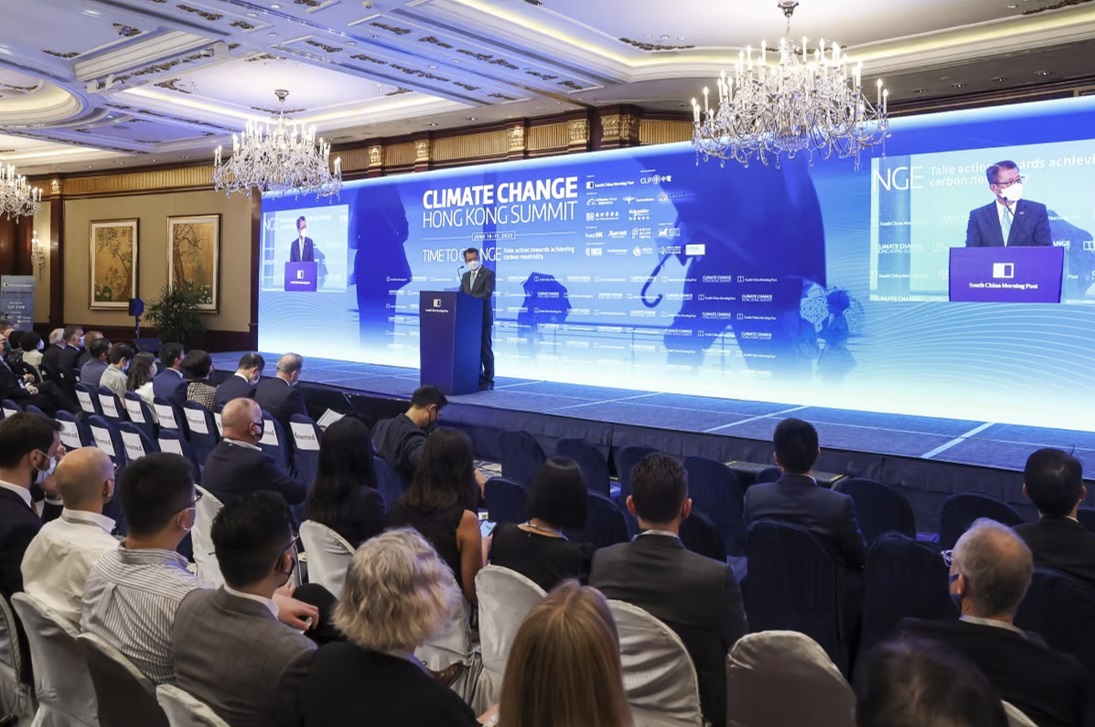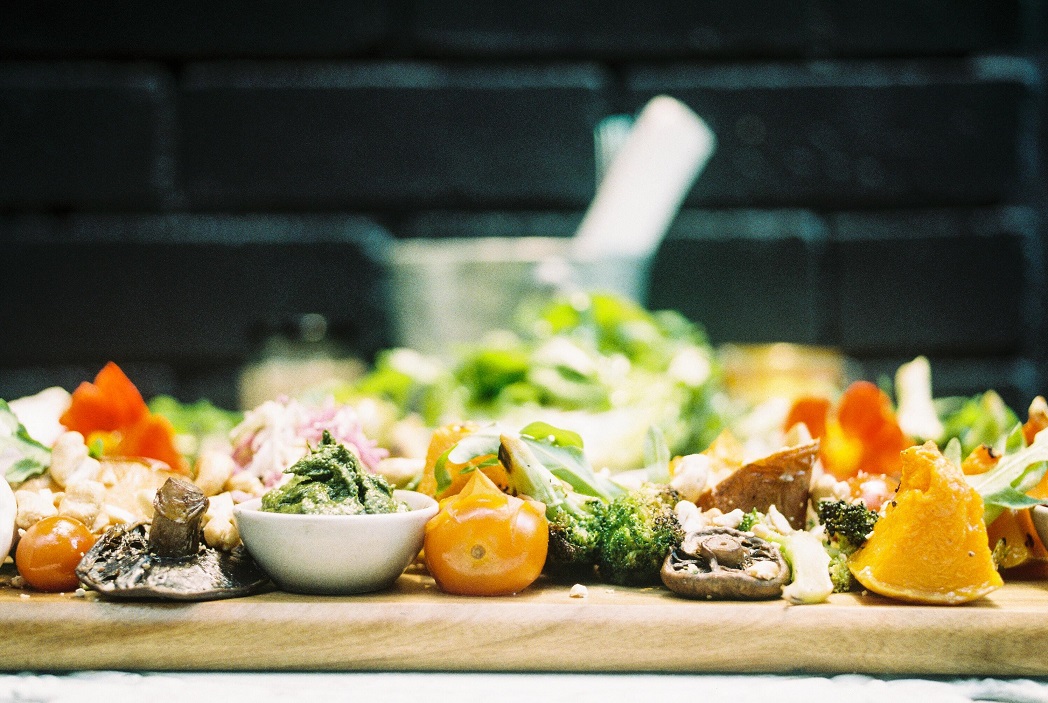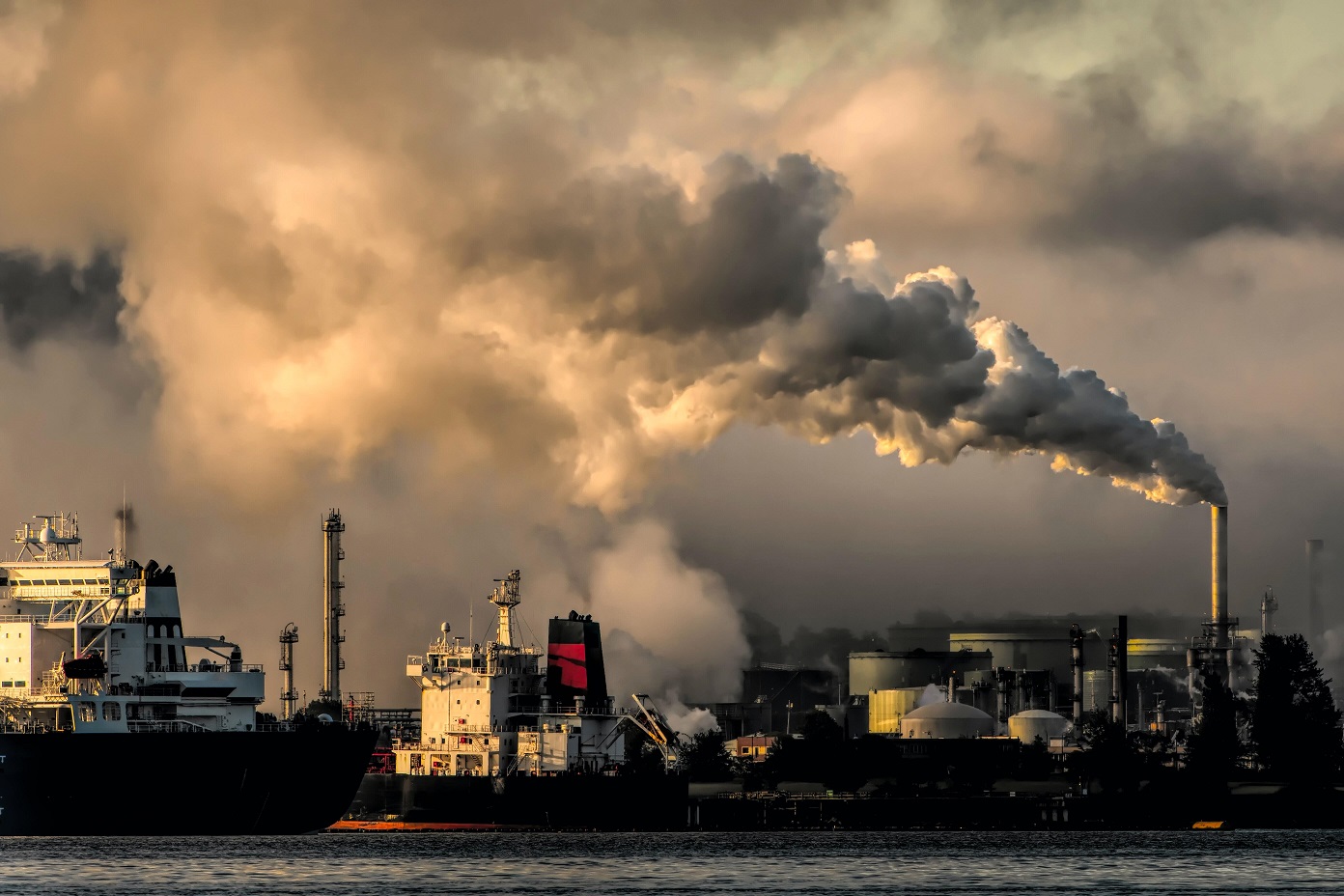SCMP CLIMATE CHANGE HONG KONG SUMMIT

By Jade Chen
Convening speakers in fields of academia, politics, science, activism, business and more, SCMP’s inaugural climate change Hong Kong summit united professionals and experts from across the globe to discuss Hong Kong’s progress in climate action. With different backgrounds and distinct areas of expertise, each speaker brought a unique perspective to the table, introducing both the advancements and the challenges that lie on Hong Kong’s path to carbon neutrality.
In the wake of heightened climate awareness, each industry – including the foodservice industry that Food Made Good HK works with — has been forced to consider, and attempt to define, its role in Hong Kong’s climate journey. Collating each speaker’s experiences and insights, the summit explored climate prospects for the future, drawing on the paradigms observed today to pinpoint Hong Kong’s place in the global fight against climate change.

Hong Kong’s Financial Secretary Paul Chan Mo-po at the SCMP Climate Change Hong Kong Summit.
Photo: Yik Yeung-man, SCMP
SETTING THE SCENE
This year’s summit began with an apt announcement: through a partnership with climate change startup Carbonbase, the event had been verified as carbon neutral. Whether it be in the form of food and drinks or transportation of goods, all carbon emissions during the event were accounted for through contributions to a carbon offsetting program based in Sichuan, China. The decision, an interesting glimpse into the future of climate change, provided a fitting preface to the discussions ahead.
The event commenced with a keynote from Paul Chan Mo-po, Financial Secretary for the Hong Kong government. As a backdrop for coming speeches, he introduced Hong Kong’s current climate status: since a peak in 2014, Hong Kong’s carbon emissions have dropped, declining by 20% in 2020 as compared to 2015. Its per capita emissions have similarly experienced a 30% drop, going from 6.2 tonnes in 2014 to around 4.5 tonnes in 2020.
Hong Kong’s 2050 climate action plan — a central point of reference for speakers throughout the summit – provided an overview of Hong Kong’s climate strategy. Released last year in October, the plan includes junctures spanning across the coming decades — checkpoints for Hong Kong’s progress in the fight against climate change. With the central aim of carbon neutrality before 2050, the plan revolves around three main areas — electricity generation, transport and waste — that together account for over 90% of Hong Kong’s total emissions. On that note, we would have liked to see more on food emissions— especially considering that a third of global greenhouse gas emissions can be attributed to food production, transportation, consumption and disposal.

Photo by Simon Peel on Unsplash
City-wide rollout of such a broad climate action plan will inevitably impact Hong Kong’s bustling F&B scene. Of the many strategies outlined in the 17-page document, several — especially those in the area of waste management — are specifically targeted towards food. Waste-to-energy facilities, for example, will be employed to reduce food waste whilst simultaneously meeting the city’s electricity demands. A food waste and sewage sludge anaerobic co-digestion trial scheme has already been launched, treating up to 50 tonnes of food waste daily and generating an estimated 950000 kWh of electricity annually. Other waste regulations – namely municipal solid waste charging and regulations on disposable plastic tableware – will also likely influence business practices and consumer behaviours.
WHAT’S NEXT?
Ensuing discussions spanned across a wide range of topics. Keynote speaker Richard Lancaster, the Chief Executive Officer of CLP Group (which provides around three quarters of the city’s electricity) discussed the challenges of energy transformation and the vast amounts of planning, coordination and cooperation that must happen if we are to realise Hong Kong’s energy goals. Former Prime Minister of Australia Kevin Rudd and Former White House Chief of Staff John Podesta joined from abroad to examine the influence of political tensions on the global climate movement — focusing in particular on the path to US-China cooperation. Both speakers took note of rising energy concerns, citing the geopolitical implosion in Ukraine, as well as worldwide energy shortages, as key factors behind a global refocus on energy security. As effects of climate change (often in the form of extreme weather) have intensified and threatened human security, more and more of us are turning our heads toward the issue of climate change, demanding substantive action from the world’s leaders. In addition to energy supply, Rudd also highlights another important issue: livestock farming. As a sector which produces enormous amounts of greenhouse gas emissions each year, this too will be an important area to take note of when addressing climate change. To ensure that Asia decarbonises in time, and prospers in the process, both speakers conclude that more must be done.
The morning session continued with panels on Asia’s net-zero vision and ESG agendas, discussing global trends that will shape activity in both the public and private sectors. The fourth panel of the day concerned the power sector and its role in Hong Kong’s carbon neutral goals, raising a fruitful discussion on our energy trilemma of affordability, security and environmental-sustainability. Remaining discussions in the afternoon session continued to examine subjects such as climate diplomacy, energy generation and consumer behaviour. Speakers expressed a need for a paradigm shift, stating that there is no hiding place — everyone has a role to play in the fight against climate change. As Dennis Wan from CDP deftly summed up, “nobody can do everything but everyone can do something”.

Photo by Chris LeBoutillier on Unsplash
TYING IT BACK
As evidenced by the summit itself, global awareness of climate change is rising. Speakers push for paradigm shifts — shifts we can see hints of already in the decisions consumers make and the products that they demand. Today, Hong Kong’s food industry is characterised by a strong desire for change, and a push towards sustainability that stems from the consumer and has ripple effects on chefs, businesses, suppliers and beyond.
Though what we’ve seen so far has been promising, food is still too often pushed backstage. Throughout the two-day-long conference, little, if anything, was mentioned about food and the F&B industry. Yet climate change is multifaceted, and a ubiquitous agreement during the conference was how comprehensive our approach to it must be. As the 2050 landmark and the 2030 checkpoint edge closer, we will need to adopt a more holistic approach, considering a variety of domains — including that of food — if we want to reach our climate goals. As consumers, we can use our fork and knife as drivers of change — something that Food Made Good HK empowers diners to do. By making conscious decisions about what we eat and where we eat, let’s bring food to the forefront and make it a part of our climate agendas. For next year’s summit, we hope to see food and farming on the agenda. It really is the elephant in the room that doesn’t get enough airtime!
This content was created prior to our rebranding to Future Green, as of 28/11/22, when we were known as Food Made Good HK.
Interested in more?
2024
We’re Hiring – Marketing Interns Needed!
2024
Reflections from the Future Green Unconference 2.0: A Journey Towards Sustainable Food Systems
2024
SOURCING SEAFOOD RESPONSIBLY IS THE TOPIC OF OUR APRIL 2024 MEMBERS MONTHLY MEETUP
2024
REDUCE, REUSE, AND RECYCLE IS THE TOPIC OF OUR MARCH 2024 MEMBERS MONTHLY MEETUP
2024
PLANT-FORWARD, LESS, AND BETTER MEAT IS THE TOPIC OF OUR FEBRUARY 2024 MEMBERS MONTHLY MEETUP
2024
Marketing Coordinator
2024
The Recycling Crisis: Why Hong Kong Must Prioritise Reducing over Recycling
2024